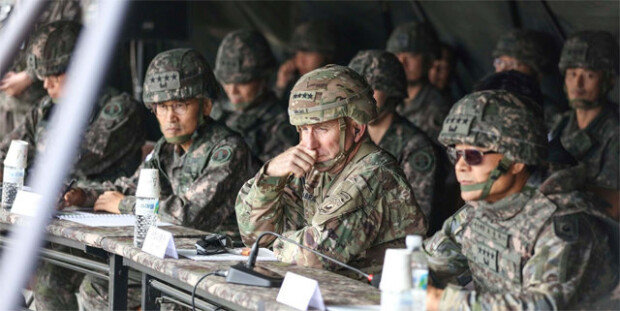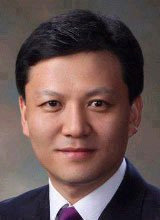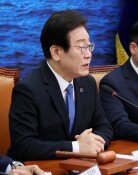USFK under Biden leadership is ‘equation of higher degree’
USFK under Biden leadership is ‘equation of higher degree’
Posted December. 29, 2020 07:29,
Updated December. 29, 2020 07:29


Many are predicting that the alliance between South Korea and the U.S. will be back to normal once the Joe Biden administration is launched in January next year. The Biden administration, which puts emphasis on alliances, is expected to be significantly different than the Donald Trump administration, which has issued bills to allies under the slogan of “America First.”
As the threats from North Korea and China and regional security challenges worsen, the U.S. is likely to operate the overseas deployment of the U.S. forces in the most favorable way to itself, regardless of administrations or factions. In this case, the issue of the U.S. Forces Korea (USFK) may become the biggest challenge in the ROK-U.S. alliance. The signs of this have already been found, the first of which was the U.S. Congress’s recent announcement that it will consider whether Huawei and other Chinese companies’ 5G telecommunication technologies are used in a country when deploying U.S. forces or key military equipment overseas. Its impact on South Korea, which has the biggest U.S. ground forces and the most number of strategic weapons, such as Terminal High Altitude Area Defense (THAAD), after Germany and Japan, will be clearly tremendous.
“As tensions between the U.S. and China are reaching the critical point, questions about the benefits of the USFK, which has remained in South Korea for defense against the North, may be raised,” said a military source. This means that the size and roles of the USFK will be affected depending on the development of tensions between the U.S. and China.
Domestic variables surrounding the USFK also need caution. At the ROK-U.S. Security Consultative Meeting (SCM) held in Washington in October, South Korea and the U.S. revealed clear gaps in their views about the transfer of wartime operational control (OPCON). While South Korea wanted a rapid transfer, the U.S. opposed and said that forcing a transfer under a certain time limit when security conditions have worsened, including the sophistication of North Korea’s nuclear capabilities, would put both countries’ military forces and people at risk. The Biden administration is also expected to stick to a conditioned-based OPCON transfer. If South Korea pushes for OPCON transfer by approaching it from the perspective of military sovereignty under these circumstances, it would be a mistake to add more instability to the USFK and render the USFK into a hurdle to independent national defense.
Experts in and outside the military express concerns that the USFK issues under the Biden administration will be like an “equation of higher degree” where domestic and overseas variables will work complexly while they were like an equation of the first degree under the Trump administration where the only variable was defense costs. It won’t change that the USFK is at the center of the joint defense of South Korea and the U.S. and the balancer of the region. The stable deployment of the USFK is essential to maximize the national security interests of South Korea under the U.S.’s strategic structure of deterring North Korea’s provocations and keeping China in check. A more detailed and carefully planned alliance strategy needs to be developed.
The perspective to view the USFK as a bargaining chip or leverage for negotiations on North Korea’s nuclear issues is a dangerous one that may give an excuse for misjudgment to North Korea and China and cause instability on the Korean Peninsula and in the region. Approaching the USFK issues with a limited outlook during the period of rapid changes in Northeast Asia’s security landscape surrounding the Korean Peninsula will be no help to the ROK-U.S. alliance and South Korea’s security.
Headline News
- Chungcheong hospital emergency rooms shutting down as doctors leave
- PPP calls for equality before the law amid political revenge claims
- Territorial dispute between China and the Philippines intensify
- Joo Jeong-hun wins bronze in Paris Paralympics
- Pro-Yoon figures concern about working on medical conflicts







